|
|
|
Reflections from our Environment Editor
|
|
With only a few days left in 2018, it’s time to revisit some of the year’s top environmental stories. When I wrote my year-end newsletter in 2017, The Conversation Canada was barely six months old. This time, I have a year’s worth of contributions from stellar academics to reflect on.
This year saw the worst wildfire season in recorded history in British Columbia, beating out the previous record, set only in 2017. By the end of August, nearly 13,000 square kilometres were burning in B.C., sending smoke across the country and into the United States. People began feeling the heat in other ways too. Canada is a water-wealthy country, but we could face future shortages. And the global heatwave didn’t only play out on land: ocean heatwaves are getting hotter, lasting longer and doing more damage.
A major focus of 2018 was to minimize the world’s plastic pollution. Countries vowed to phase out single-use shopping bag, ban microbeads and straws, and our authors weighed in. Canada used its G7 presidency to shine the spotlight on ocean plastics and pollution, but we still don’t have an international plastics treaty. Plastics are fouling our rivers and lakes are too, though we know little about their effects.
Environmental coverage and research can be gloomy. But beneath the distress are stories of hope and connection, including new approaches to conservation that protect wildspaces and Indigenous cultural and food security, discovering that grasslands songbirds still sing their sexy songs above industrial noise, not to mention the video reveal of Greenland sharks and a first-time meeting of the three bears in northern Manitoba.
Perhaps we’re about to turn a corner. World leaders recently wrapped up their annual meeting on climate change, where they wrote the rulebook that will help put us closer to the goal of limiting warming to 2C above pre-industrial levels. The preferred goal is 1.5C and “The Climate Clock” shows the significance of our actions. If we zero our emissions by 2080, we’ll postpone 1.5C by about five years. As the authors say, “the world is in trouble. But it’s not too late…”
|
Hannah Hoag
Environment + Energy Editor
|

|
|
The Year in Review: Environment
|
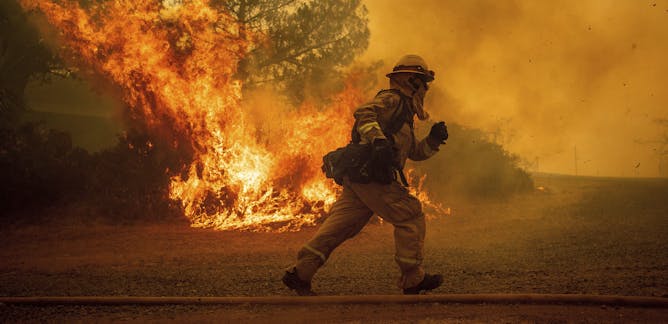
Edward Struzik, Queen's University, Ontario
Canada's boreal region faces bigger, hotter and more frequent wildfires that are increasingly unpredictable, but it lacks an investment in fire science that could help keep communities safe.
| |
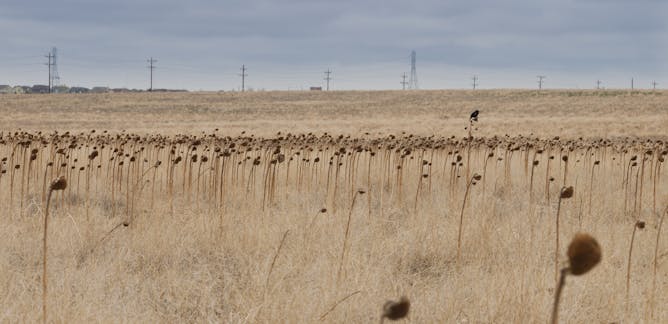
John Pomeroy, University of Saskatchewan
We think of Canada as a water-rich country, but we are not immune to water shortages or disasters. With some advance planning, Canada can avoid a water catastrophe.
|
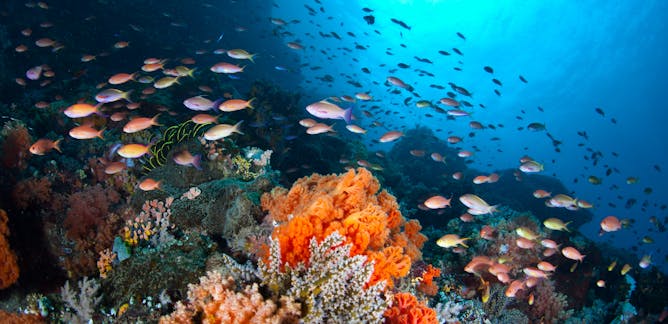
Eric Oliver, Dalhousie University; Alistair Hobday, CSIRO; Dan Smale, Marine Biological Association; Neil Holbrook, University of Tasmania; Thomas Wernberg, University of Western Australia
Marine heatwaves have had little attention until recently, but they're already having large effects.
| |

Linda Nowlan, University of British Columbia
Millions of tonnes of plastic garbage winds up in our oceans each year. Voluntary pledges haven't worked. It's time for Canada to advocate for an international plastics treaty.
|
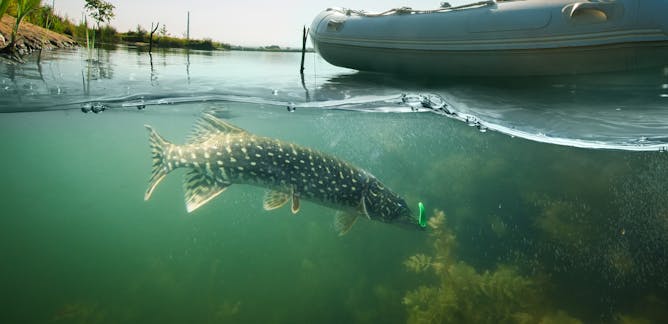
Kennedy Bucci, University of Toronto; Chelsea Rochman, University of Toronto
Ocean plastic has gained notoriety, but we're starting to realize that microplastics pollute our freshwater and terrestrial ecosystems too.
| |
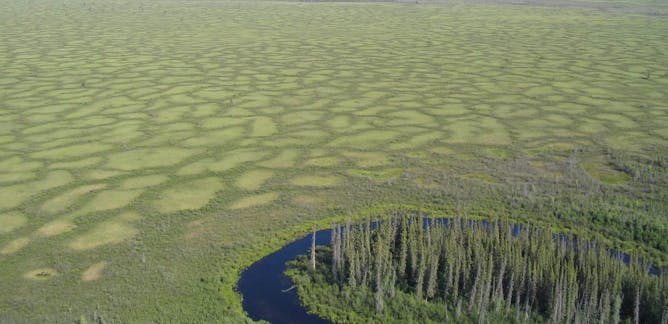
Courtney Mason, Thompson Rivers University
Indigenous conservation practices are more holistic and inclusive of humans and their knowledge.
|
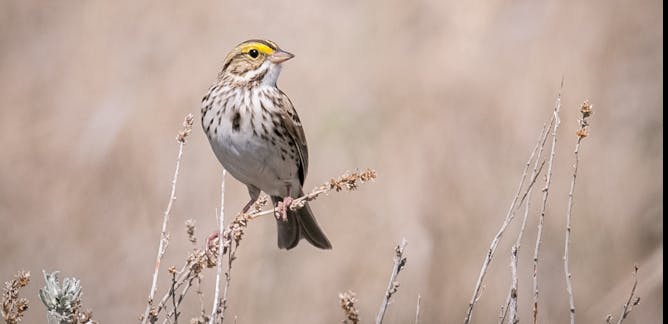
Miya Warrington, University of Manitoba
In our increasingly noisy world, how do you make sure that your voice is heard? If you’re a bird, that depends on the type of noise and what you’re trying to say.
| |
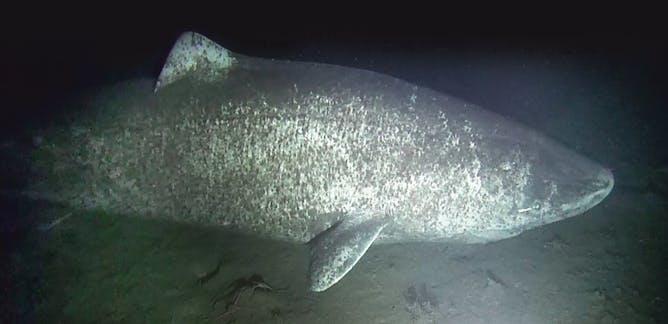
Brynn Devine, Memorial University of Newfoundland; Jonathan A. D. Fisher, Memorial University of Newfoundland
Using baited cameras scientists have captured some of the first underwater video footage of the elusive Greenland shark.
|
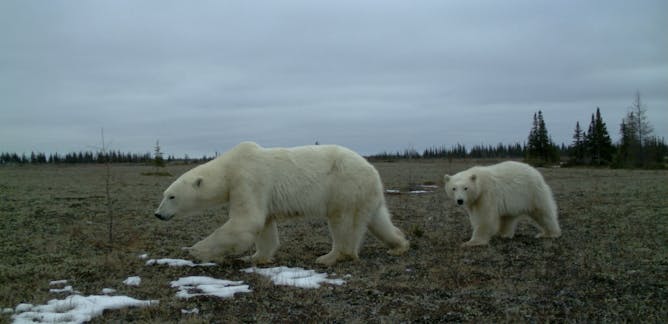
Douglas Clark, University of Saskatchewan
Never before have grizzly bears, black bears and polar bears been found living in the same place.
| |
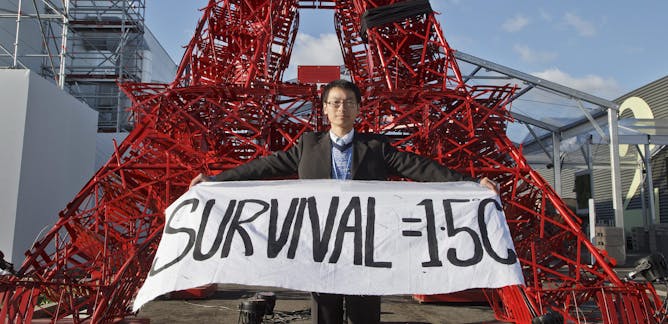
H. Damon Matthews, Concordia University; Glen Peters, Center for International Climate and Environment Research - Oslo; Myles Allen, University of Oxford; Piers Forster, University of Leeds
We are on track to reach 1.5°C of global warming within 16 years according to new data.
|
|
|
| |
| |
| |
| |
| |
| |
|
|
|
|
|
|
|